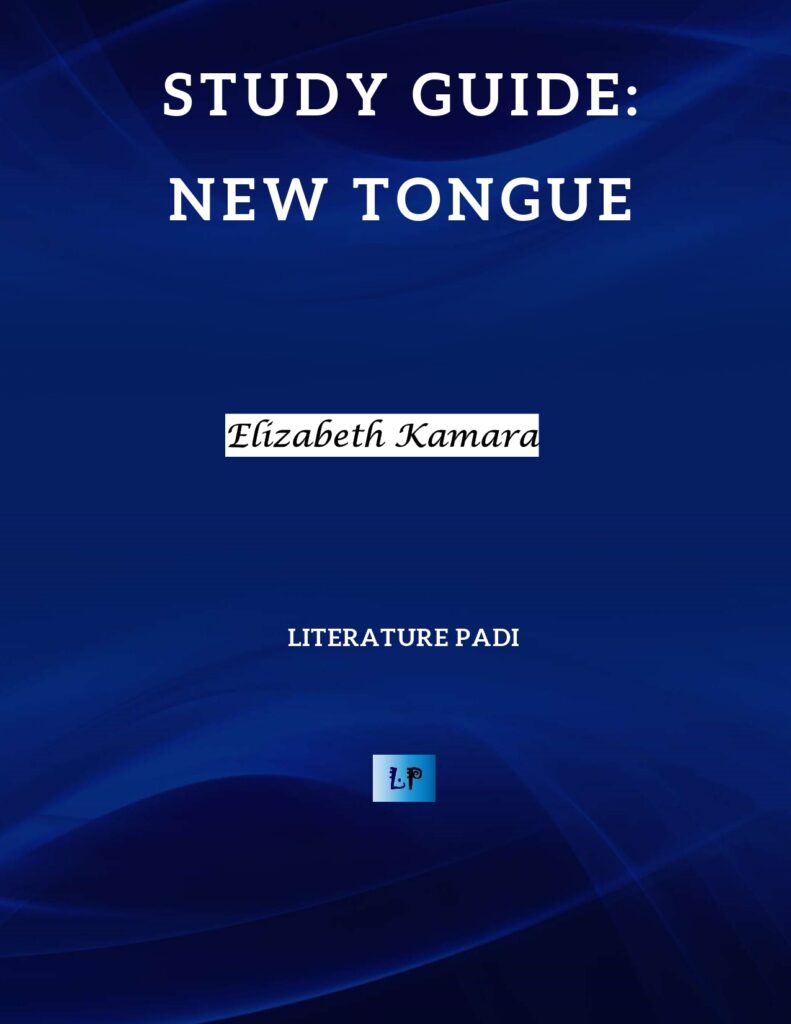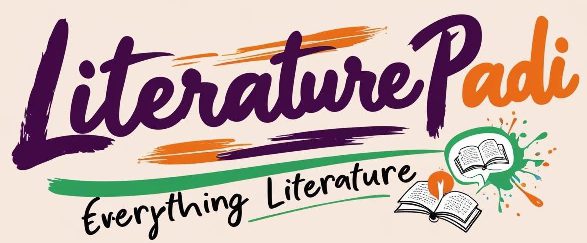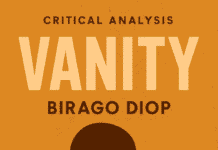📢 Follow our WhatsApp Channel for the latest literary updates!
“New Tongue” by Elizabeth L. A. Kamara depicts a new generation that adopts a different language and culture while breaking ties with the past. This generation is indifferent to traditional values. They have disregard for old ways and distance themselves from family and heritage. Besides, they are also portrayed as embracing individualism in rejection of the influence of elders.
Therefore, it is safe to say that the themes in Elizabeth Kamara’s “New Tongue” are the themes of cultural shift, generational conflict, loss, and individualism. We also witness the erosion of tradition in the face of cultural shifts in the poem.
Theme of Cultural Shift
The theme of cultural shift is the primary theme in Elizabeth Kamara’s “New Tongue.” The theme is depicted by the new generation’s adoption of the “new tongue” and their embrace of a different culture, which results in a complete transformation in the way they think, speak, and interact.
The poem captures the strong and unbreakable attachment (or, as the poet puts it, “impregnable chains”) of younger Africans to the new culture, which has a profound impact on their identities.
The cultural shift manifests in a number of ways in the poem. To start with, the phrase “new tongue” in the title is indicative of a linguistic shift. It suggests the adoption of a new language by this new generation.
Then, reading further, we realise that the cultural shift transcends the adoption of a new language. We witness a complete departure from the established traditions by the new generation. They adopt “new dances” and dismiss “old songs as disregarded dreams.” Their adoption of “new dances” in the poem is symbolic of a generational change in social and cultural changes.
Besides, the poem also portrays a cultural shift in the understanding of what family and interpersonal relationships are. There is a break in ties within family and friendship. This constitutes a rupture in the continuity of cultural and interpersonal relationships. In place of family bonds, the new generation has the understanding that the way they live is no one’s concern; after all, it is their lives anyway, and they owe no one any explanation for any way they choose to live it. In other words, there is a discernible shift from collectivism to individualism.
Related:
- Poem: “New Tongue” by Elizabeth L. A. Kamara
- Content Analysis of Elizabeth Kamara’s “New Tongue”
- 2026—2030 Recommended Literature Texts For WAEC and NECO SSCE
As to how they carry on with the cultural shift, the poet perfectly captures this in line 4 of the poem. She describes their eyes as “revel[ing] in the wonder of the new.” This can be interpreted to mean that they are excited and enthusiastic about the adopted culture. They embrace and celebrate the cultural shift.

Theme of Generational Conflict
The theme of generational conflict is another important theme in Elizabeth Kamara’s “New Tongue.” The poem touches upon the strained relationship between generations. There is no room for elders in the minds of the new generation, whose ears are also metaphorically blocked to the “old tongue” and traditional ways of doing things.
“New Tongue” draws a distinct line between the younger generation—who speak a “new tongue” and dance “new dances” with little to no respect for tradition—and the older generation, who are symbolised by the “ashes strewn into the bottomless sea” and “disregarded dreams.”
The new generation is characterised by its rejection of the old ways, indifference to the wisdom of elders, and deliberate distancing from traditional values and practices. Elders are relegated to the “edge of their [the new generation’s] minds.” This underscores the diminished influence and relevance of the older generation in the new world their children inhabit.
The rejection of familial ties and disdain for friendship by the younger generation highlights the generational divide even more. This evidently causes a rupture in the intergenerational relationships that were once considered fundamental in Africa (l. 8–7, 14–16, and 38–41).
While “New Tongue” is critical of the prevailing conflict or divide between the two generations of Africans in the poem, it remains to be seen if the new generation can be “an amalgam of traditional wisdom and modern knowledge,” which, by the way, can erase the disconnect between the new and the old generations.

Theme of Loss
The theme of loss is palpable throughout the poem. The most apparent aspect of loss in the poem is the loss of cultural heritage. The old songs and ties of family and friendship are described as “disregarded dreams” and “loosened, broken, burnt.” This signifies a deliberate departure from established cultural norms and values. Expressions like “ashes strewn into the sea” and “hang the last lock on their culture” emphasise the finality and irreversibility of this loss.
Premium PDF
There are 393 words left in this article and a total of 3,637 words in our premium PDF. Download the entire New Tongue study guide as a printable PDF now!

Join Our Social Media Channels:
- WhatsApp: Literature PADI
- Telegram: Literature PADI
- YouTube: @literaturepadi
- Facebook: Literature PADI










